FoMD’s 10 essential stories of 2021
FoMD news staff - 21 December 2021
The end of insulin: Research is bringing us closer to a cure than ever before
A hundred years ago, diabetes became treatable. Today, five researchers at the Alberta Diabetes Institute (ADI) are bringing us closer to a cure than we’ve ever been. From harnessing stem cell technology that sends blood back in time to mobilizing microparticles that bring islet cells back from the dead, these research projects aim to reverse diabetes and eliminate the need for insulin.

Professor’s passion for ‘rewiring’ the human body draws international praise
Vivian Mushahwar has devoted her career to developing technological interventions for those with neural injuries and related complications. This year, the director of the Sensory Motor Adaptive Rehabilitation Technology (SMART) Network and Canada Research Chair (Tier 1) in Functional Restoration was named a fellow of the American Institute for Medical and Biological Engineering (AIMBE). She also secured more than US$2 million from the U.S. Department of Defense to support the first-in-human pre-clinical trials of a hair-like micro implant that could restore walking ability in patients with spinal cord injuries.
Agreement aims to train more Indigenous physicians, improve health care for six northeastern Alberta First Nations
Six northeastern Alberta First Nations have formed a new partnership with the University of Alberta with the aim of training more Indigenous physicians and improving health care for their members. The first of its kind, the memorandum of relational understanding between the university and Tribal Chiefs Ventures Inc., which represents Beaver Lake Cree Nation, Cold Lake First Nation, Frog Lake First Nation, Heart Lake First Nation, Kehewin Cree Nation, and Whitefish Lake First Nation No. 128, focuses on the Indigenous worldview of interconnectedness.
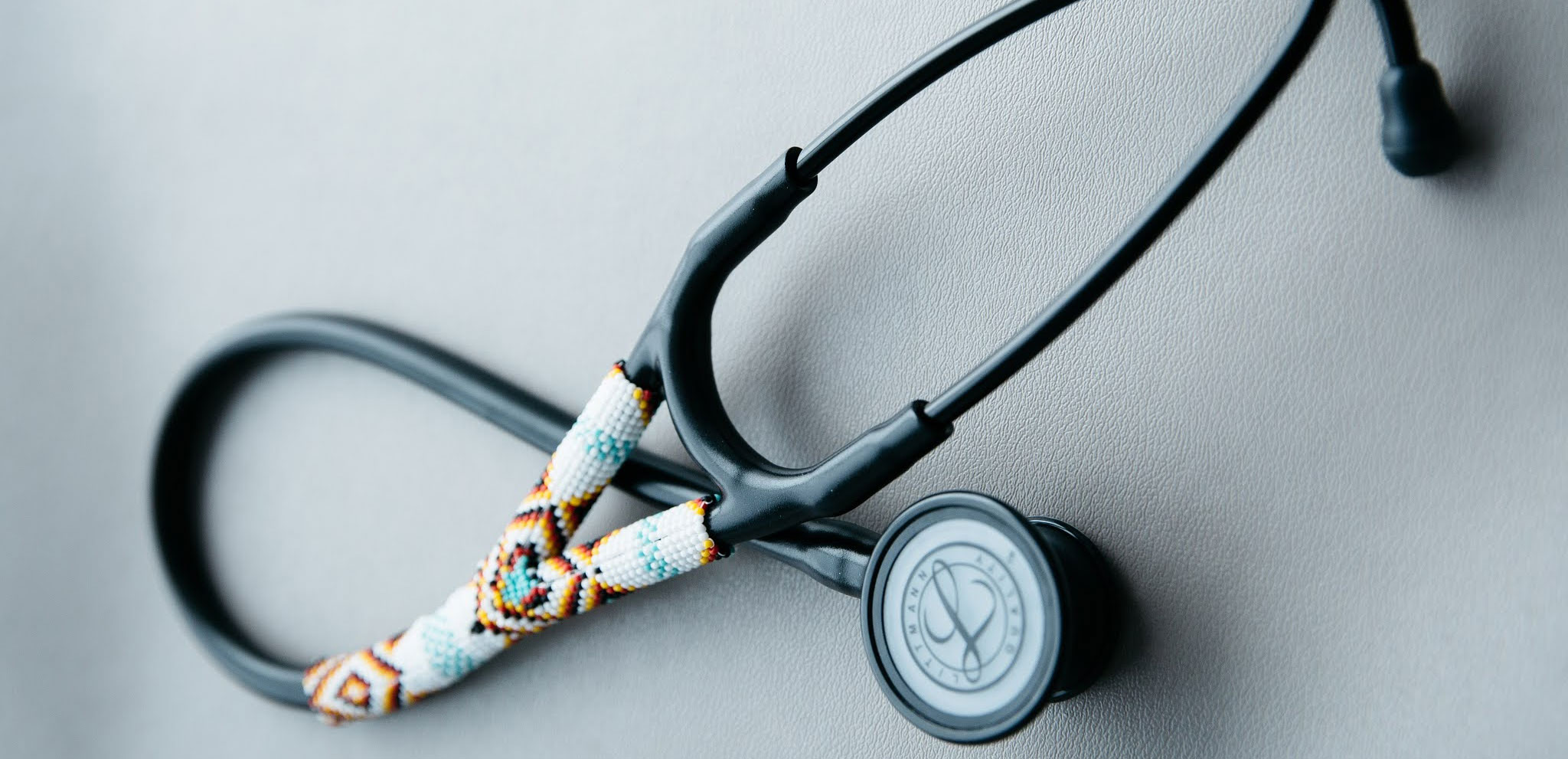
Family doctor, program administrator and award-winning teacher adds master’s degree to her long list of achievements
Lillian Au, ’91 BSc, ’95 MD, ’21 MEd, convocated with her master’s in health sciences education (MHSE) in November 2021. The U of A has been her academic home since the late 1980s, where she completed her bachelor of science, her MD, and her residency training in family medicine. It’s also where she works as a faculty advisor and undergraduate program director in the Department of Family Medicine and, as of August, the director for longitudinal themes for the MD program, a newly redefined role in the Faculty of Medicine & Dentistry.
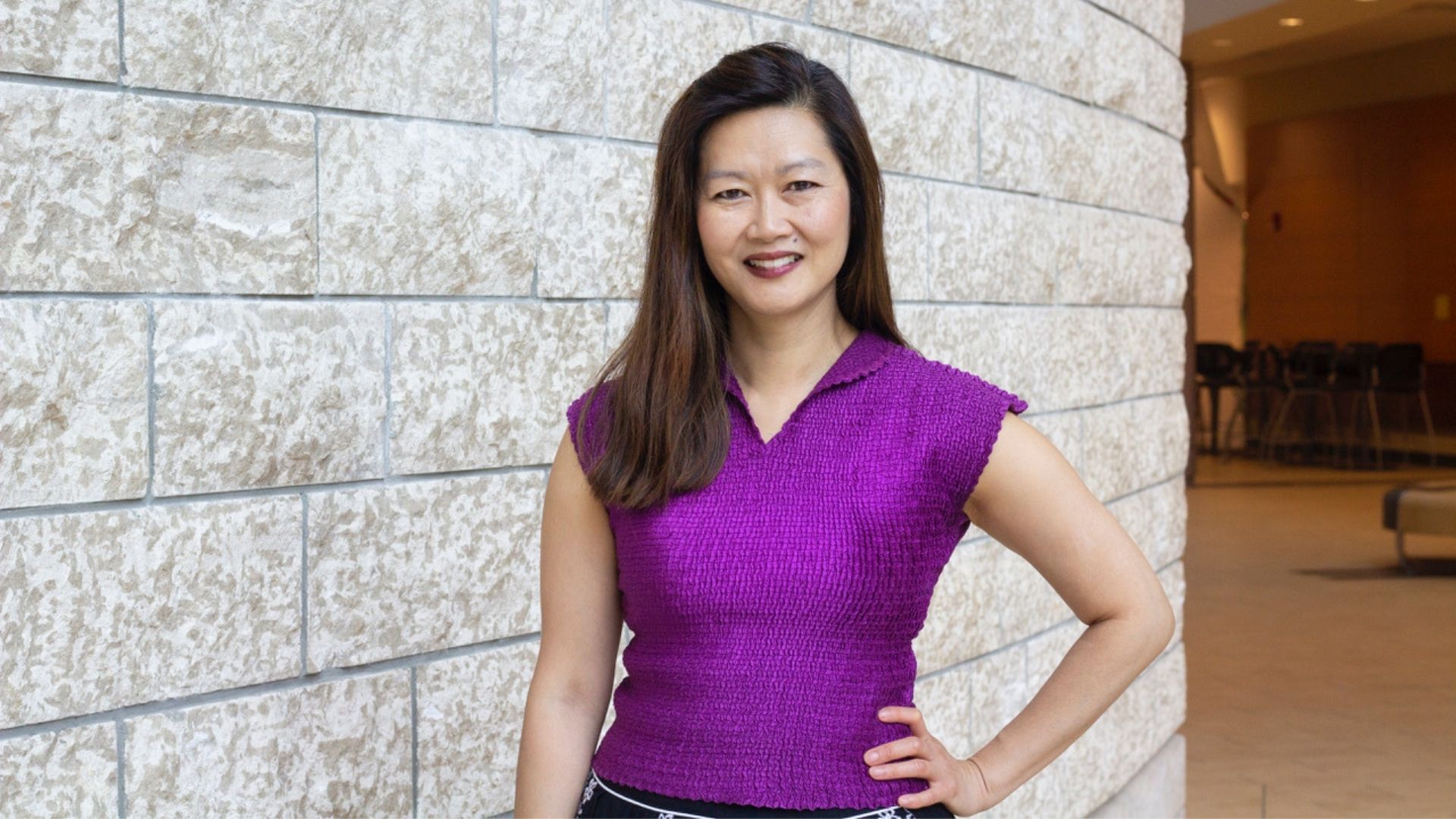
New mindset needed to better address the growing prevalence of childhood obesity and the weight stigma that comes with it
Andrea Haqq, a leading pediatric endocrinologist at the U of A, is examining the complexity and stigma of pediatric obesity. Haqq, a member of the Alberta Diabetes Institute, Obesity Canada and the Women and Children’s Health Research Institute, led a team that recently published an academic review examining the challenges linked to pediatric obesity. The review, supported through the assistance of Rhythm Pharmaceuticals, gives insight into a complex condition that Haqq believes is often oversimplified.
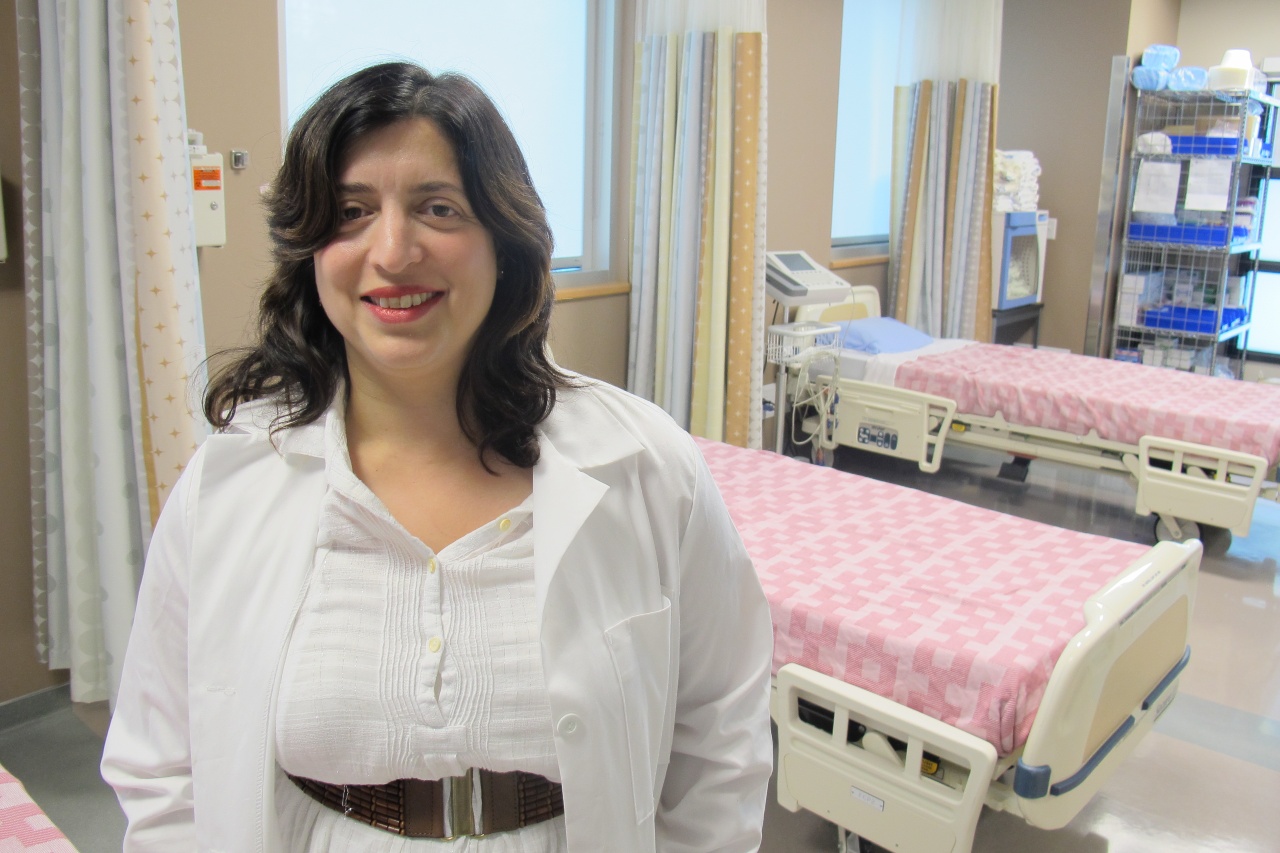
Made-in-Alberta COVID-19 vaccine candidate headed for clinical trials
Entos Pharmaceuticals, an Edmonton company led by CEO and U of A researcher John Lewis, shipped a vaccine for testing in March to the Canadian Centre for Vaccinology in Halifax. The first clinical trial, which took place in April, tested the safety of the DNA-based vaccine in 72 participants, split between young adults and older Canadians, with the aim of moving into a larger Phase 2 trial. In September, Entos Pharmaceuticals announced that its COVID-19 vaccine candidate was approved for a Phase 2 clinical trial in South Africa after a successful Phase I trial.
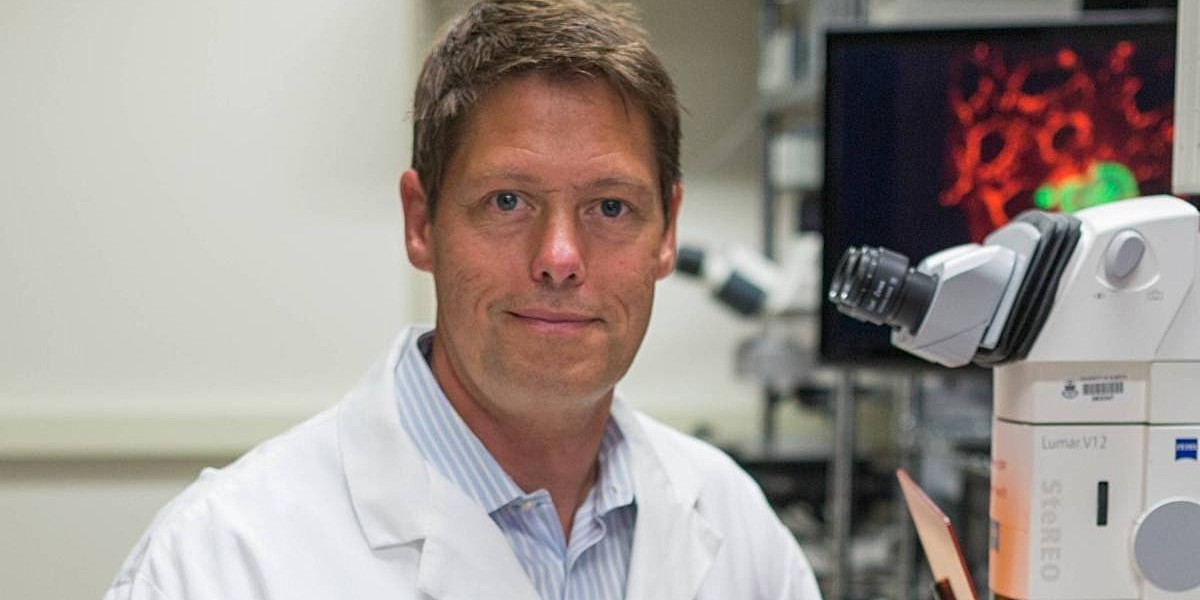
Causal link found between food allergies and changes to infant gut bacteria due to method of childbirth, mother’s ethnicity
In a collaborative project, pediatrics professor Anita Kozyrskyj and Hein Tun, a former postdoctoral fellow at U of A, have found a causal link between caesarean-section birth, low intestinal microbiota and peanut sensitivity in infants. The researchers report the effect is more pronounced in children of Asian descent than others, in a recently published paper in the journal of the American Gastroenterological Association.
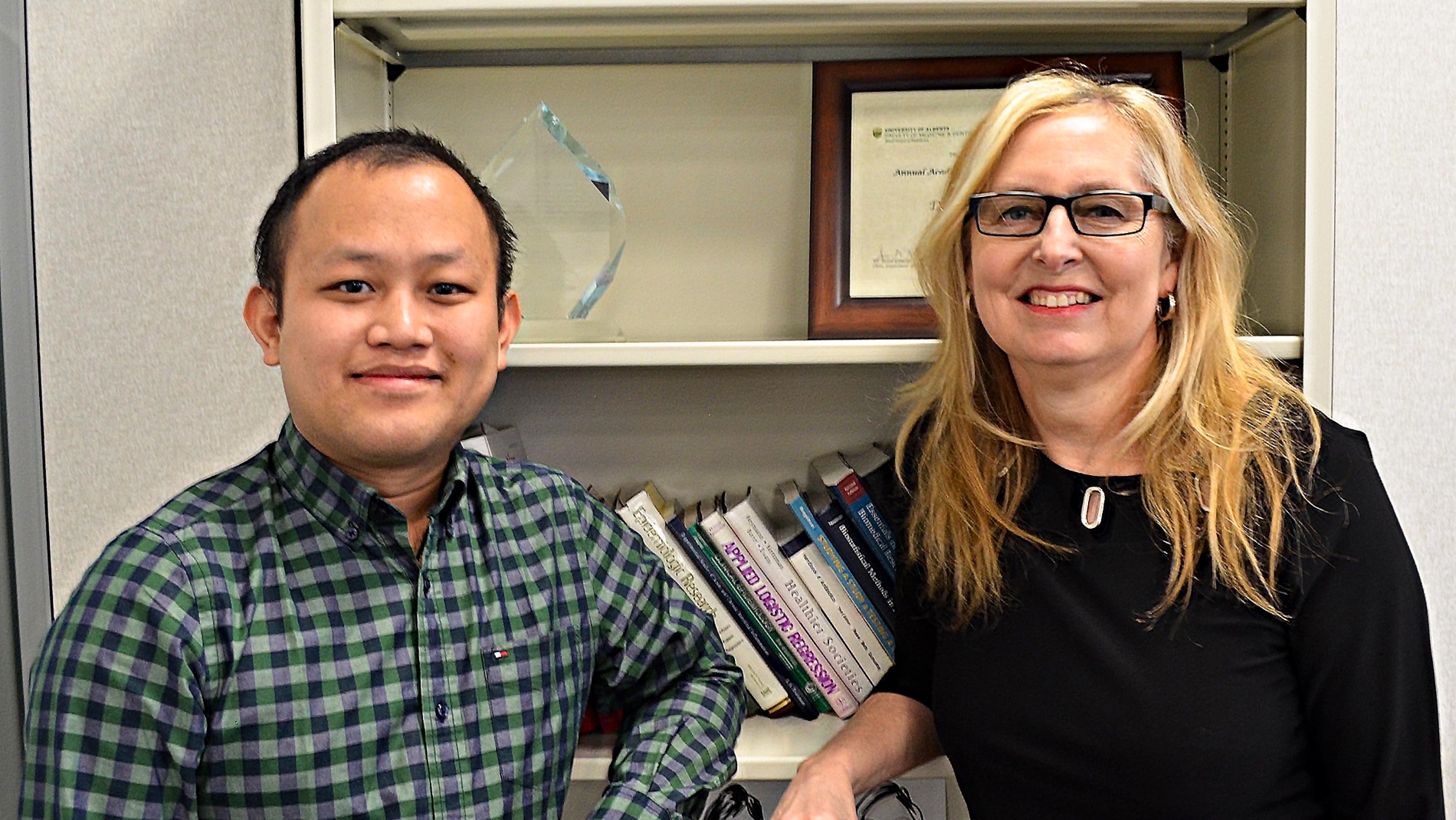
Target of new cancer treatment valid for breast as well as blood cancers: study
U of A oncology researcher John Mackey and cell biologist Luc Berthiaume collaborated on new research showing that PCLX-001, an anti-cancer drug set to begin clinical trials this year, may work against breast cancer as well as lymphoma.

Elevated fasting blood sugar in pregnancy linked to harmful outcomes for mothers, babies
Pregnant women diagnosed with diabetes who have elevated fasting (pre-meal) blood sugar levels are more likely to face complications than those who have only elevated post-meal glucose levels, according to a new study led by cardiology professor Padma Kaul.
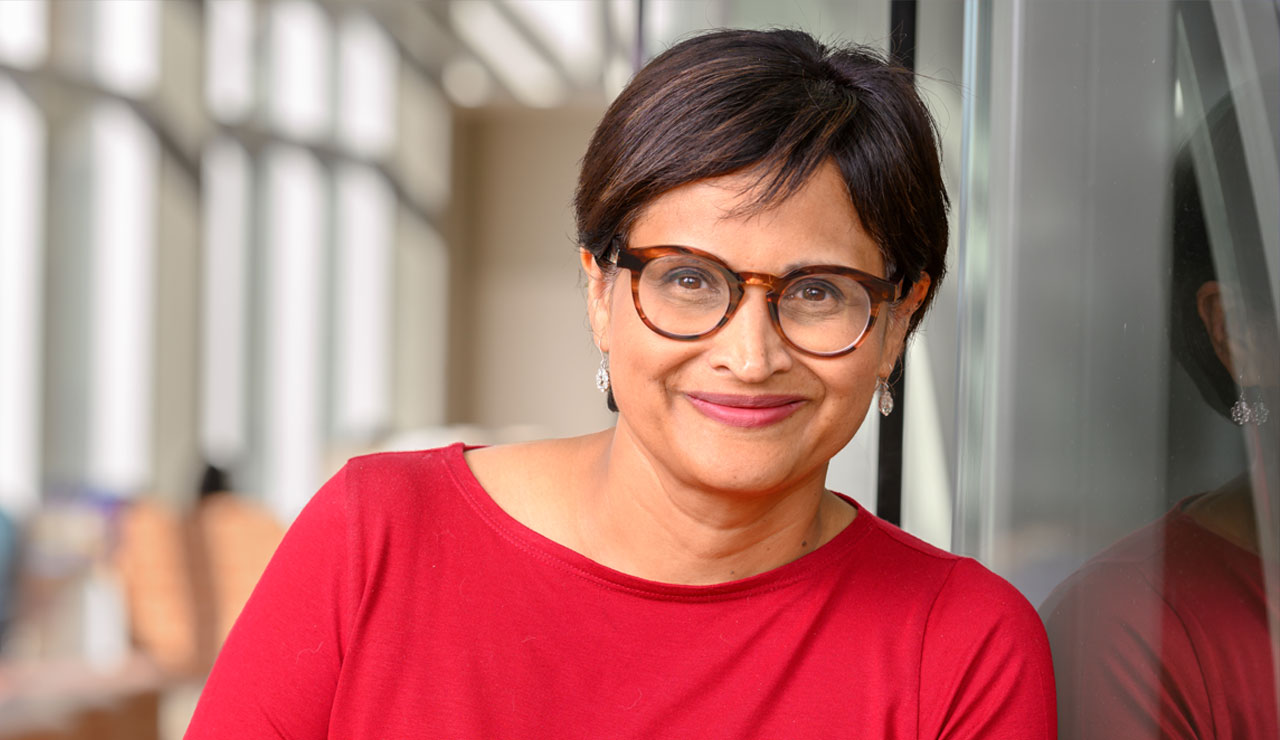
Students’ innovative idea could help prevent fentanyl overdoses
A group of U of A students won $100,000 to help turn a brainstorming session about what could have helped family members avoid a fentanyl overdose into a street-ready solution that will ultimately be a lifeline for those who use drugs. The idea was developed in collaboration with biochemist Joanne Lemieux (Li Ka Shing Institute of Virology) and pharmacologist Anna Taylor (Neuroscience and Mental Health Institute).
